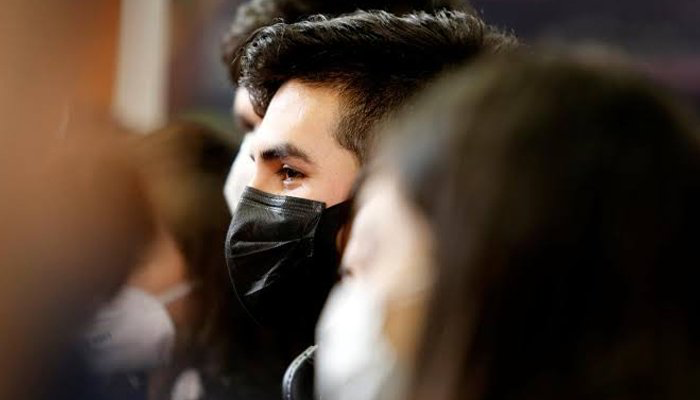The Khyber Pakhtunkhwa government’s Department of Relief, Rehabilitation & Settlement has issued a list of directives for its employees that is a good guide in how to help prevent the spread of the novel coronavirus in shared work spaces.
Here are the measures you can take, adapted for the general workplace, to ensure a healthy environment for all employees.
- Employees must be politely directed against hugging and shaking hands or coming into any unnecessary physical contact with each other. This can help prevent the virus from being transferred to healthy employees from employees who may already have the virus but are not showing its symptoms.
- Employees must wash their hands with soap or an alcohol-based sanitizer at least three to four times a day.
- All towels in toilets should be changed frequently or replaced with disposable towels that can be discarded after first use.
- Any tissues, once used, should be disposed of immediately in a trash bin.
- Biometric attendance to be halted with immediate effect. This can help prevent the virus from being transferred to healthy employees from a sick individual via biometric machines.
- Any unnecessary contact with side railings and doors should be avoided. The reasoning is the same: healthy employees can pick up the virus by touching surfaces that a sick employee has also touched.
- Likewise, appropriate safety precautions must be taken when coming in contact with office machinery such as telephones, fax machines and computers.
- In case of cough and flu, the employee must seek medical attention on first priority.
- A mask should be worn by any person showing symptoms of cough and flu. This is to prevent the virus spreading in the environment through coughing and sneezing.
- Face-masks should be discarded after one day of use.

